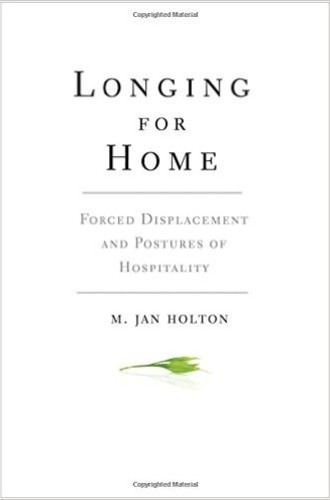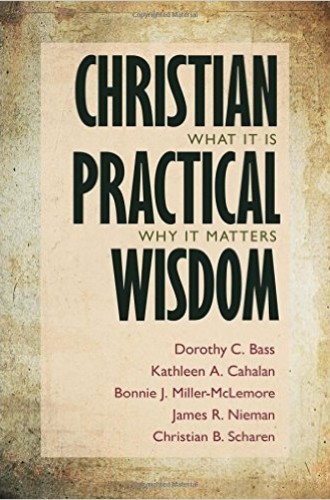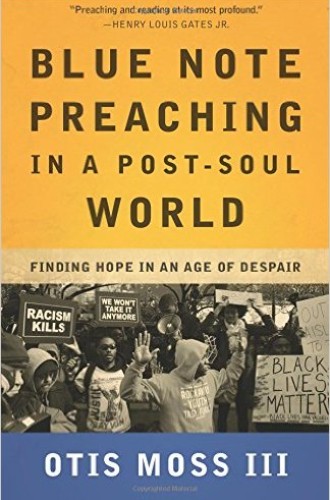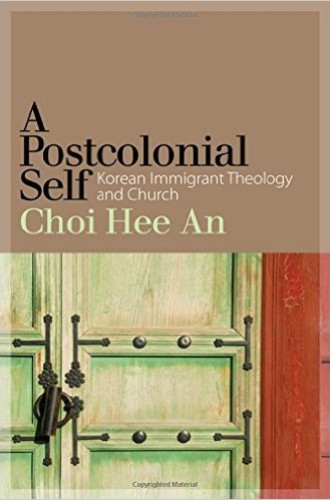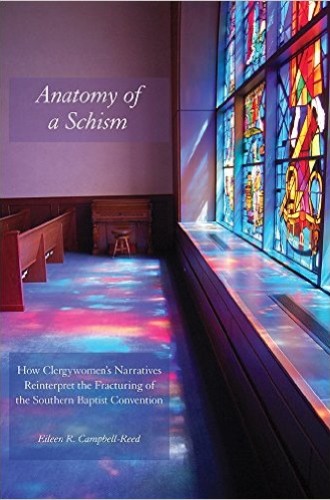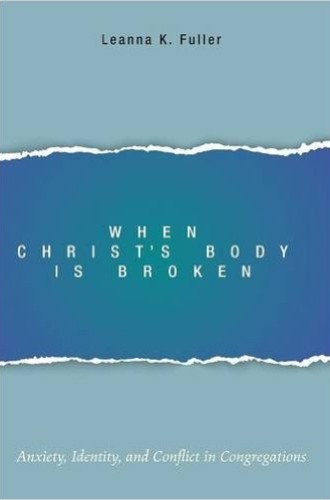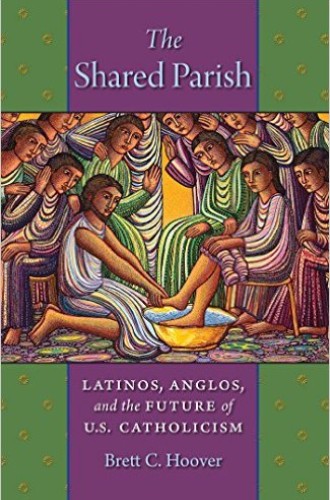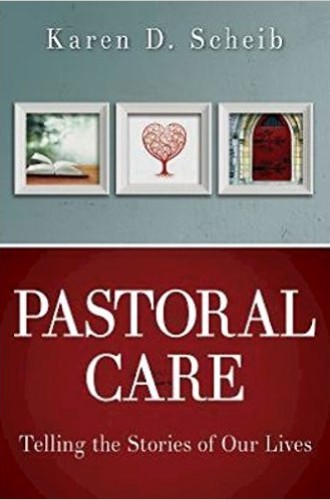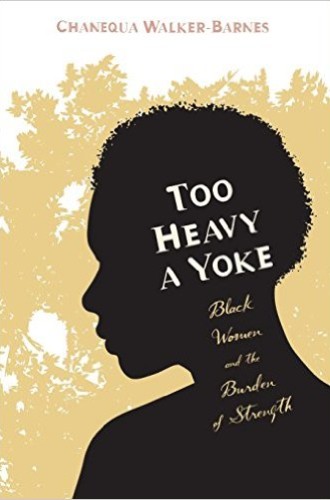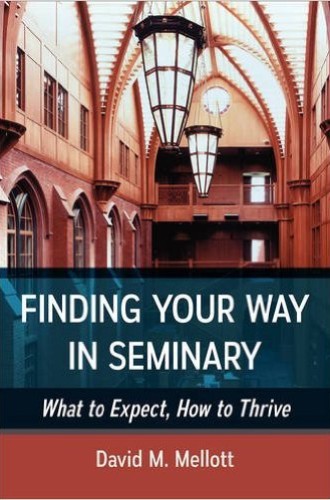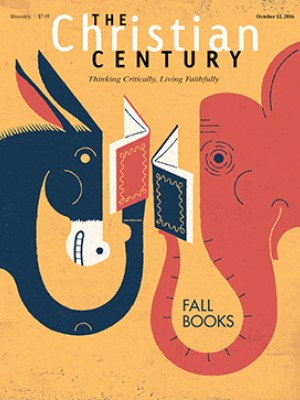Take & Read: Practical theology
Longing for Home: Forced Displacement and Postures of Hospitality, by M. Jan Holton (Yale University Press, 240 pp., $40.00). This timely volume explores the experiences of refugees and other displaced persons in four distinct contexts: refugees from conflicts in the Sudan and the DRC, Batwa tribespersons in northern Uganda forced from their forest homelands, U.S. soldiers returning from service in Iraq and Afghanistan, and chronically homeless persons in the United States. Holton says forced displacement carries with it the loss of meaning, belonging, relationship, and “safety and security.” She urges Christians to adopt postures of hospitality “towards those in our midst who are longing for a place called home.”
Christian Practical Wisdom: What It Is, Why It Matters, by Dorothy C. Bass, Kathleen A. Cahalan, Bonnie J. Miller-McLemore, James R. Nieman, and Christian B. Scharen (Eerdmans, 368 pp., $30.00 paperback). How do we come to know and love God, neighbor, and self? This engaging collection of essays shows how embodied practices such as spooning, swimming, camping, dancing, and rocking can reveal God’s presence. The volume begins with reflections on each practice before making the case that practical, situated wisdom is needed to balance abstract, theoretical knowledge of God. The authors show how the “rough ground” of experience sparks the emergence of shared wisdom for the interpretation of scripture and the practice of holy love.
Read our latest issue or browse back issues.
Blue Note Preaching in a Post-Soul World: Finding Hope in an Age of Despair, by Otis Moss III (Westminster John Knox, 136 pp., $18.00 paperback). Blue note preaching, rooted in the blues, attends to the historic violence of slavery and its legacy in the present, while through imagination, word, sound, and song it also invokes the good news of Jesus’ liberation and hope. In this collection of lectures and sermons (first delivered as the Beecher Lectures at Yale in 2012), the pastor of Chicago’s Trinity Church shows rather than tells readers how to preach, from the depths of Good Friday to the heights of Easter Sunday. Steeped in the writings of August Wilson and Zora Neale Hurston, Moss exhibits a literary flair that animates his description of the practice, performance, and communal art of preaching.
A Postcolonial Self: Korean Immigrant Theology and Church, by Choi Hee An (State University of New York Press, 196 pp., $75.00). This sensitive practical theology delves into the complexities of Korean immigrant experiences of self and church. Choi explains the nuances of language that convey the “Woori” or we-ness of a collective sense of self in Korea that is met with the imposed racialized identity of “I or we as the other” in the United States. Choi argues for a radical hospitality of mutual sharing that supports the development of a postcolonial self, a sense of “I and we with others.”
Anatomy of a Schism: How Clergywomen’s Narratives Reinterpret the Fracturing of the Southern Baptist Convention, by Eileen R. Campbell-Reed (University of Tennessee Press, 212 pp., $34.95 paperback). Prodigious historical research undergirds this new interpretation of the schism of the Southern Baptist Convention (1979–2000) which emphasizes the role of clergywomen. Through a close reading of five particular clergywomen’s stories, Campbell-Reed narrates the struggle within the SBC between biblicists and autonomists, highlighting its gendered, psychological, and theological dimensions. She illuminates the ways in which the meaning of being human and the theology and practice of ministry are reimagined through the protracted struggle.
When Christ’s Body Is Broken: Anxiety, Identity, and Conflict in Congregations, by Leanna K. Fuller (Pickwick Publications, 234 pp., $28.00 paperback). Why do congregations so easily slide into conflict? How can religious leaders respond effectively when they do? Fuller studied two mainline Christian congregations experiencing conflict, cases in which anxiety over differences threatened identity and fanned the flames of discord. Her nuanced analysis of the psychological and theological dimensions of these struggles provides a basis for the astute practical recommendations for helping members remain connected to each other despite differences.
The Shared Parish: Latinos, Anglos, and the Future of U.S. Catholicism, by Brett C. Hoover (New York University Press, 304 pp., $49.00). Changing demographics have brought a phenomenon that Hoover terms “the shared parish” to American Catholic churches. Different from assimilationist American parishes or ethnic parishes, the shared parish involves two or more cultural groups inhabiting the same church, “living in the tension between cultural difference and human connectedness.” Hoover’s exemplary ethnographic study of one such parish gives readers a close-up view of these arrangements and of a theological vision of community that honors cultural distinctiveness.
Pastoral Care: Telling the Stories of Our Lives, by Karen D. Scheib (Abingdon, 256 pp., $35.99 paperback). Pastoral theologian Scheib describes a narrative, ecclesial, and theological approach for listening to people’s life stories in such a way as to engender spiritual formation and growth in love. Scheib clarifies the connections between caring conversations and Christian theology. Clear and accessible prose as well as helpful exercises and discussion starters make this a fine teaching text.
Too Heavy a Yoke: Black Women and the Burden of Strength, by Chanequa Walker-Barnes (Cascade, 232 pp., $28.00 paperback). Walker-Barnes shows how church and society have colluded in elevating the stereotype of the “StrongBlackWoman.” This seemingly positive myth demands that African-American women exhibit emotional strength at all times, care for others at the expense of their own needs, and project radical self-sufficiency. The epidemiological evidence presented here suggests that this cultural mandate takes a toll on African-American women’s health and well-being. Walker-Barnes articulates a womanist pastoral theology that draws on biblical stories to challenge such a myth, emphasizing the practice of community-building as key to healing and empowerment.
Finding Your Way in Seminary: What to Expect, How to Thrive, by David M. Mellott (Westminster John Knox, 196 pp., $22.00 paperback). The decision to go to a seminary is complicated in this time of ecclesiastical and educational transition. Mellott provides a clear and practical guide to discerning and choosing such a vocational path, learning what one needs to know for ministry—including a deeper knowledge of the world, the church, God, and oneself, and finding a job upon the completion of study. This highly readable text not only explains the jargon and the basic requirements of seminary programs, but also invites readers to become immersed in theology in a holistic way throughout one’s life.


